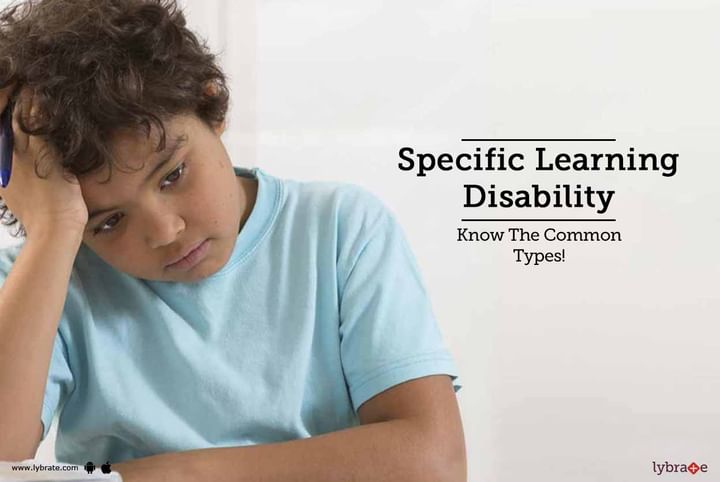Specific Learning Disability - Know The Common Types!
Some children have to read or hear something once and it gets imprinted in their minds. Others may struggle to understand concepts. As a parent, your first response may be to think that your child’s teacher isn’t giving him or her enough attention. However, this could indicate a specific learning disorder.
Learning disorders are an umbrella term that covers a range of learning difficulties. If your child is diagnosed with a learning disability it does not mean that he or she is any less smart as compared to their classmates. It simply means that they process information differently. There are many different types of learning disorders.
These are categorized by the skill set they affect most.
- Dyslexia: Dyslexia is a learning disorder where the child cannot understand the relationship between letters, sounds, and words. This can make reading even simple words feel very difficult. It could also make it difficult for the child to understand the meaning of words and phrases.
- Dyscalculia: Math is usually a stumbling block for most children but for some understanding numbers could be a lot more difficult. A child with Dyscalculia could find it difficult to organize numbers and understand operation signs. He could also struggle with memorization of multiplication tables etc. Learning how to read time could also be difficult.
- Dysgraphia: Learning disabilities related to writing can be termed as Dysgraphia. This involves the physical act of writing as well as understanding what is being written. Dysgraphia can be identified by an inconsistency of handwriting, not being able to accurately copy words as well as spelling inconsistencies.
There is no known cure for learning disabilities. However, there are ways to improve the child’s skills. For this, you must tailor a learning strategy to your child’s strengths. For example, illustrating a word problem may help the child understand it better. Similarly, mnemonic devices and poems could help them memorize mathematical formulas. Converting one type of problem into another can also help them understand concepts. For example, you could turn a word problem into a math problem an vice versa.
In addition, you may also need to consider consulting a learning specialist. They can help determine the type of learning aids your child would benefit most from. Your child may need special education at a school that is equipped with the right services for him or her. The important thing to note is that early intervention is key to treating learning disorders.
In case you have a concern or query you can always consult an expert & get answers to your questions!



+1.svg)
